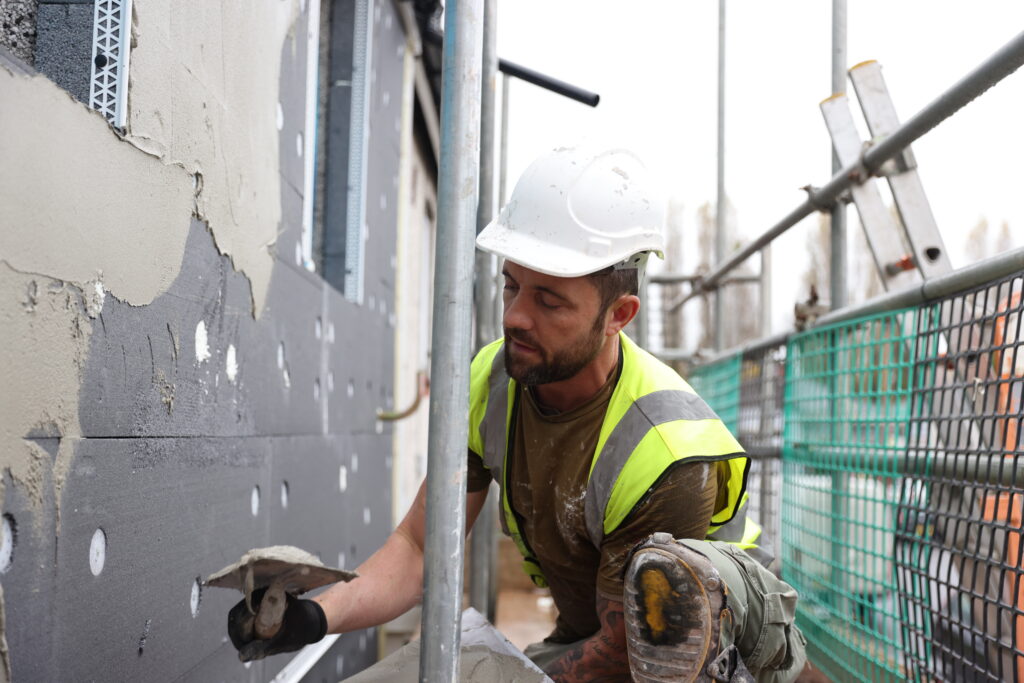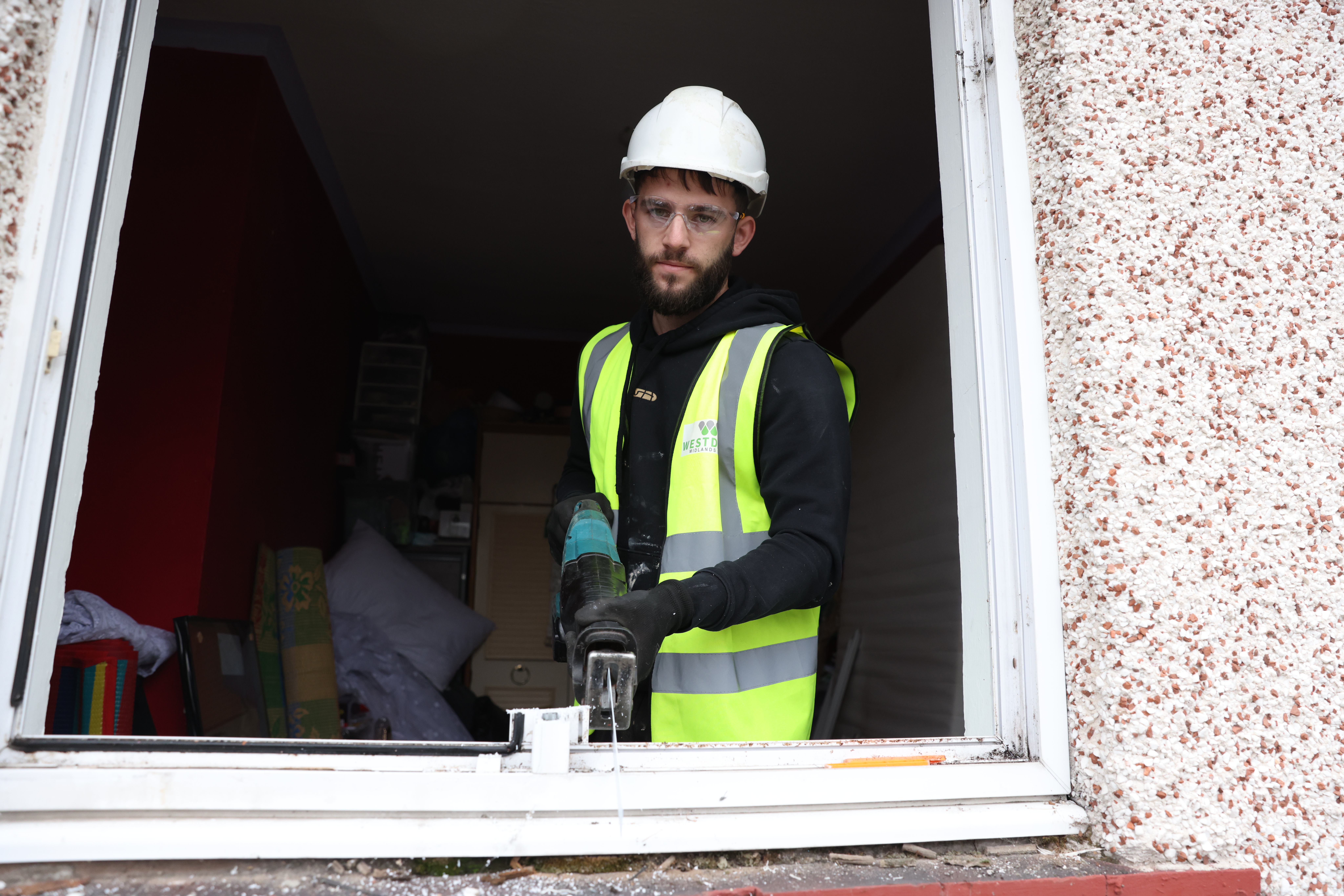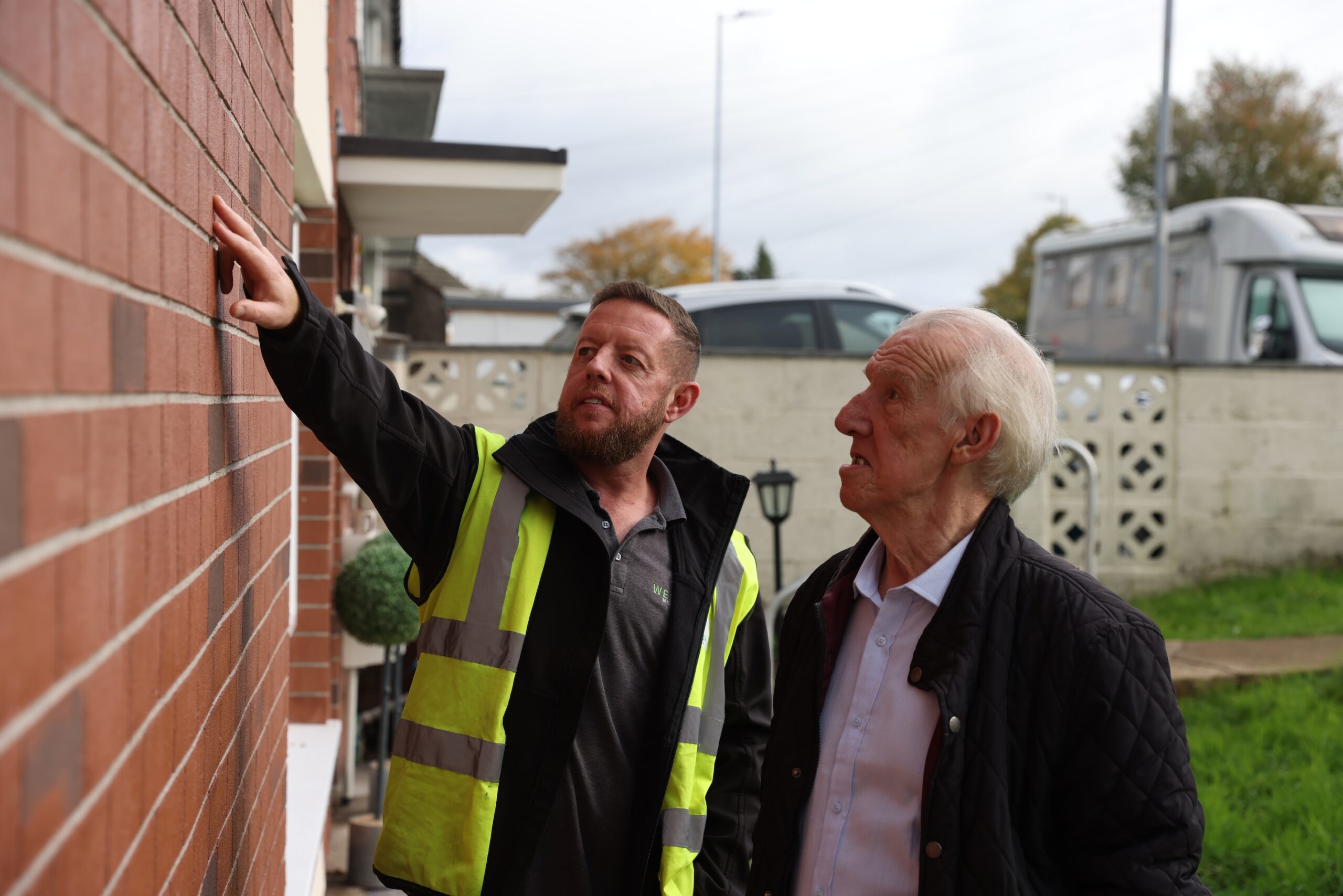Following our previous article, ‘Tackling Fuel Poverty in the UK,’ which discussed the devastating statistics linked to fuel poverty, this article looks deeper into who’s at risk of falling into fuel poverty, as well as how fuel poverty can be reduced.
Who is at risk of fuel poverty?
A study by Economy Energy found that 1 in 4 people living in cold homes are families with children. This statistic shows that it’s not just older people feeling the impact of fuel poverty; young families are at risk too.
Living in a cold, damp home can increase the risk of respiratory issues for children, whilst also affecting their overall well-being both mentally and physically. The ricochet effect of this is its potential impact on their educational performance.
The National Institute for Health and Care Excellence (NICE) highlights several groups as being at risk from cold, damp living conditions. These include:
- People with respiratory or cardiovascular conditions
- People with disabilities
- Those over the age of 65
- Pregnant women
- Young children
For these individuals, fuel poverty isn’t just uncomfortable, it’s a serious detriment to their health.
Ways to reduce fuel poverty
Fuel poverty can be reduced by addressing any of the core issues that cause it, which are low income, high energy needs, and rising prices.
One of the biggest factors is household income. That’s why National Energy Action is requesting a complete rethink of the welfare system, to help lift people out of what they describe as the “prison of poverty.”
There are some government schemes already in place, such as the Winter Fuel Payment, which offers financial support for heating costs during the colder months. But many MPs have argued the scheme doesn’t provide enough support and are pushing for it to be expanded to avoid worsening the fuel poverty crisis.
As of December 2024, energy suppliers are now required to support prepayment customers who are struggling to keep up with their energy bills. This is a small but important step in protecting the most vulnerable households. Tackling fuel poverty isn’t about a singular, one-size-fits-all solution. It’s about making energy more affordable, improving home energy efficiency, and ensuring support reaches the people who need it most.


One way households can reduce their energy bills is by using energy switching services to find the most affordable energy. However, this isn’t always accessible to everyone, since many pensioners still face the challenges of navigating online tools, leaving them stuck on more expensive rates.
Another major factor is the energy efficiency of the home itself. A huge amount of heat is lost through poorly insulated walls, roofs, and windows, especially in older buildings. Rather than dealing with the challenges of cold homes, more focus needs to go into helping low-income households make the necessary improvements.
Upgrades like roof and external wall insulation or double glazing make a huge difference when it comes to keeping a home warm as they reduce heat loss and, as a result, lower bills. This makes homes easier and more affordable to keep warm.
As a short-term solution, targeted financial support is crucial to assist those most vulnerable, particularly during the colder months. But looking further ahead, improvements to housing across the UK needs to be rolled out to make more homes energy efficient and give residents the warmth they deserve.
Finally, fuel poverty cannot be addressed without addressing poverty itself. Poverty is a broader issue that requires action from government and society, which is why it’s so vital to consistently put pressure on MPs and policymakers, so this issue stays on the agenda and leads to lasting change.
Westdale Midlands’ retrofit solutions
At Westdale Midlands, we believe everyone deserves a warm, safe home, and no one should be living in the conditions of fuel poverty. Which is why we work with councils and housing associations to improve the energy efficiency of homes, lower residents’ bills and help tackle fuel poverty across the UK.
Explore our services or get in touch to discuss your next project.





